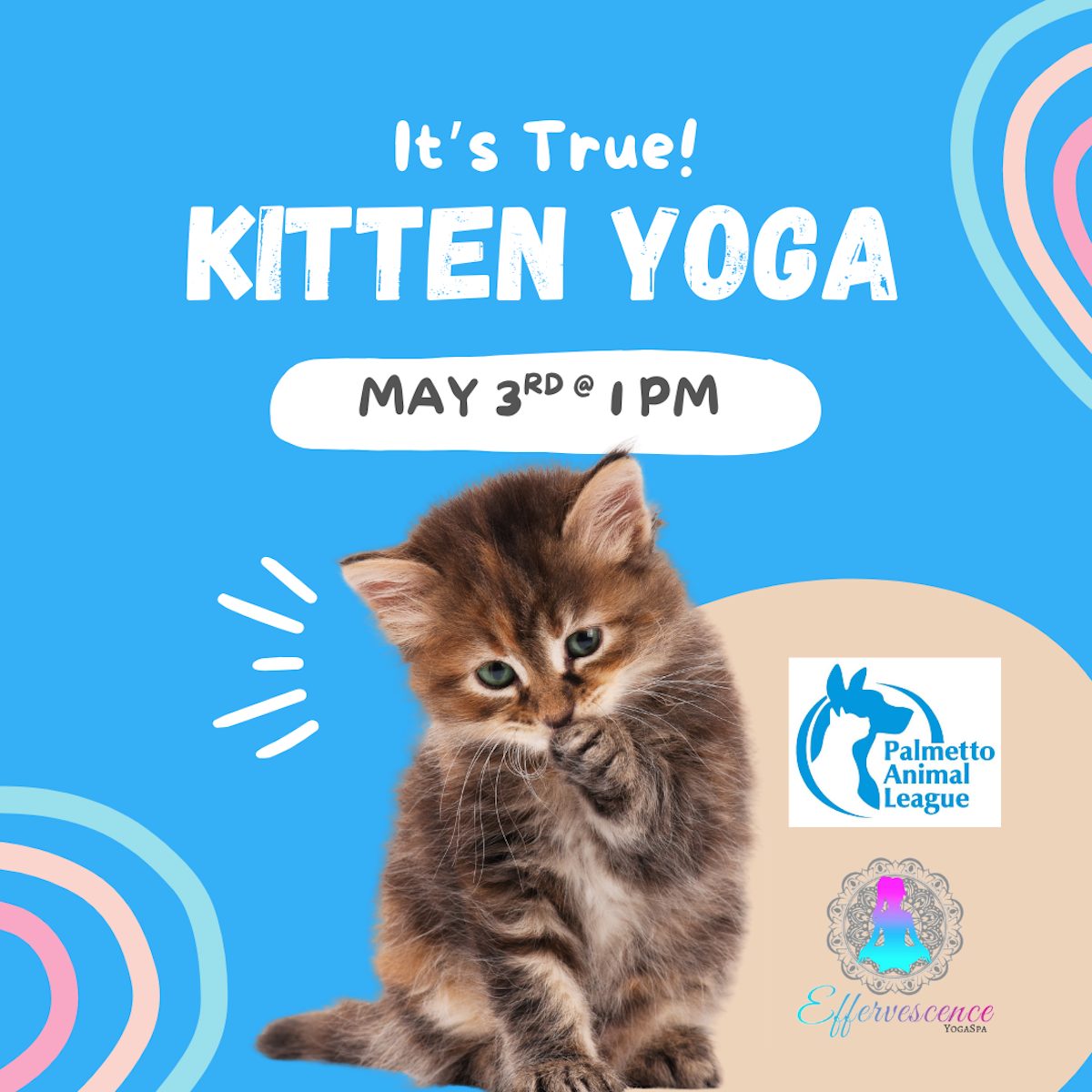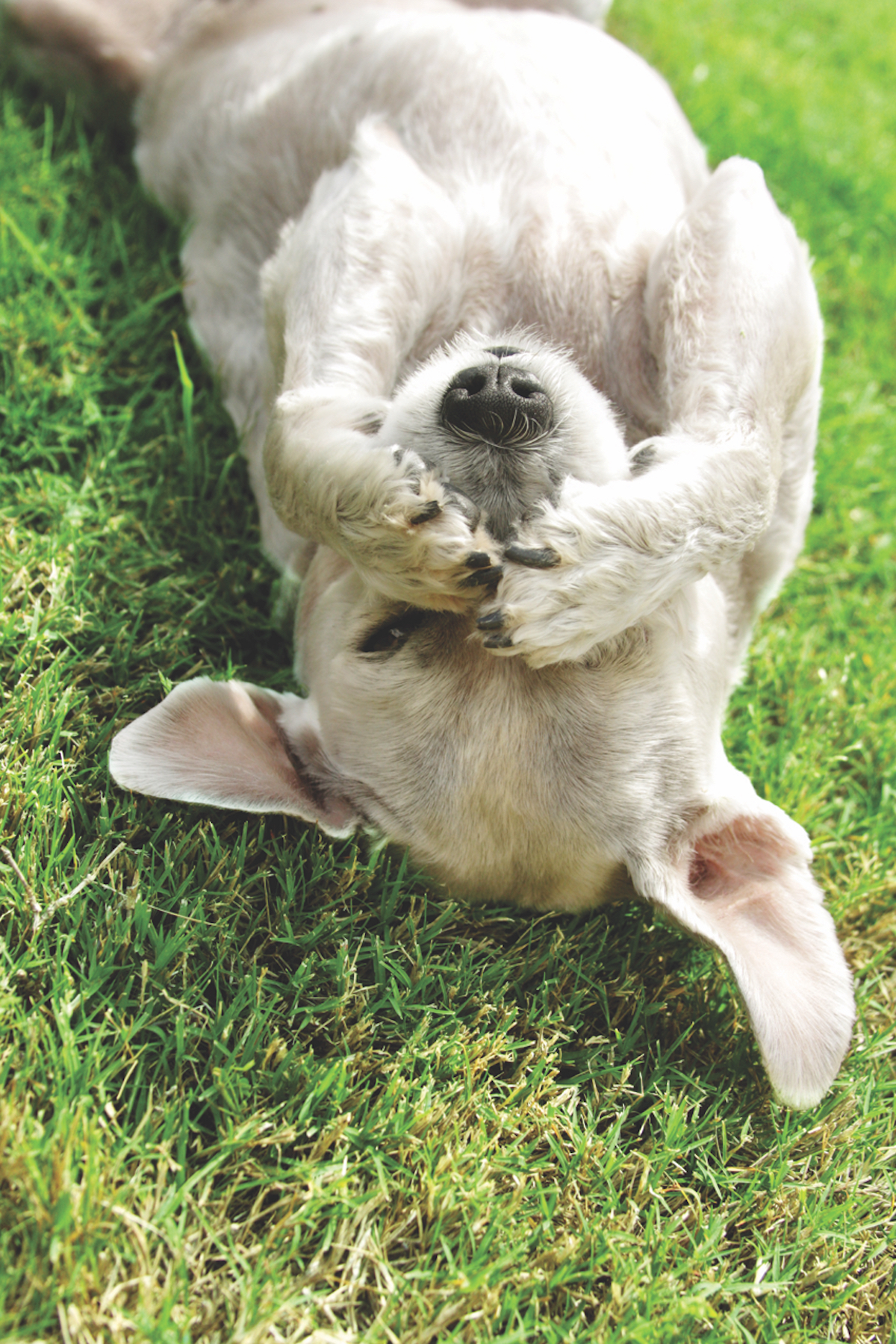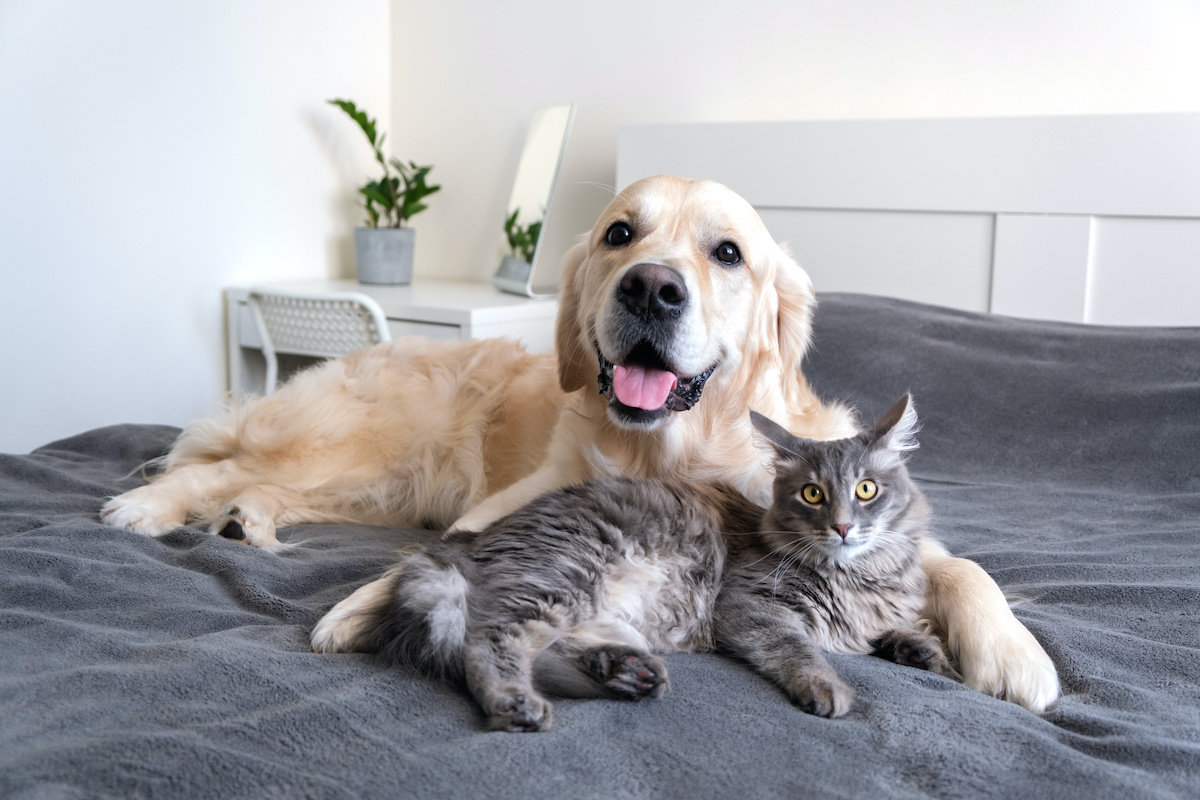By Prof. Percy Pussycat
When it comes to communicating, dogs are pretty straight forward, but cats are in a whole league by themselves when it comes to language. Cat language is more than just the sound – it encompasses how I am moving my tail, my ears, and even “letting one rip” contributes to what I am saying.
Our human caretakers are truly clue-less unless it is an elementary purr or meow. Beyond that, I practically need to grab a piece of paper and spell it out for them. I can yowl, hiss, purr, chortle, and even little mews are part of my vocabulary.
First you need to remember not all cats are vocal. If you have a Persian for instance, they may be very refined and not a chatterbox at all. Others never shut up. I know this Siamese, named Shamballa, who cannot be quiet for a minute. Personally, I think they should have named her after Aunt Ethel, she’s never quiet either.
Very seldom do cats talk to other cats by using “meows”. That seems to be saved for the humans in our lives. There is a universal cat game called charades where our humans try and guess what we are saying. Usually, we are hurling four letter words at them or agreeing with their choice of treats, or sometimes we just change it up to gibberish just to make them slightly crazy. Such fun.
However, “meows” are more strident. They signal a requirement. Things like “I need to go out, right now” or “I need to come in, right now”, or “Play with me, right now” or “Feed me, right now!” are examples of what a “meow” can mean. Cats wait until it is absolutely necessary before they vocalize a need. They won’t say, “Hey, Mom, when you get a minute, would you please think about letting me out but only if you have the time and aren’t doing anything else.” Not going to happen. When it gets to a critical point, the meows grow more strident and lower-pitched. Pay attention!
Did you know your cat normally sleeps 16 hours a day, and are most active at night when the chance to catch a mouse has a greater likelihood. Most cats are on mouse-patrol whether outside or indoors every night. It is just what we do to protect our families. And maybe get ourselves a little treat on the side.
I bet you know a kitty like Albert. He snuggles and sleeps with his Mom for a portion of the night. But then he’s wide awake and thinks Mom should be too. So he begins by delivering some head-bonks, maybe some gentle nibbles on Mom’s nose or toes. Or he may drop his favorite toys on her head. And if that doesn’t get Mom up, then he lets loose with lots and lots of meows. When his Mom can take it no longer, she stumbles out of bed and old Albert scampers ahead to the (often) the empty food bowl. Filling the bowl may, indeed, temporarily stop the yowls. It’s hard to meow with a mouthful of kibble. But something else is going on. Yup, he has masterfully trained his Mom to feed him on demand. His demand!
Think of that little girl having a full-on meltdown in front of President Obama. Did you see those pictures? I think her parents have moved to Canada. Anyway, the same principal applies here. If you give in to your cat, or two year old, it signals that if they can out last you, they will win in the end. You can’t give in to the meow-demands.
Now, to be fair, there can be health reasons why a kitty will meow a lot. Deaf cats, old cats suffering from kitty Alzheimer’s, stressed kitties suffering from separation anxiety, and those with thyroid, heart or kidney issues may meow excessively. If you think it is anything other than “training your human” that is going on, please check with your Vet.
But in otherwise healthy cats, the only way to extinguish this behavior is to totally ignore the cat. That means, you DON’T get up to feed them; you DON’T indulge in toe-tag games; you DON’T yell, spray them with water, or give any attention to them at all. That’s hard to do when she’s paw-patting your nose, or shaking the windows with yowls but it is the only way to stop this habit. You have to practice tough kitty-love.
My Mom wore earplugs for months. She would also shut the bedroom door, or confine me to another room on the other side of the house. I finally got the message but if you have let this go on for a while, it is going to take maybe months to get rid of this behavior. I hate to be the one to tell you but the bad behavior will get WORSE right before it goes away. My fellow cat behaviorists call this an extinction burst, so be prepared and don’t give in.
It’s either that, or you can remain at the beck and cat-call of your favorite feline. Forever. Good luck!
Dr. Parker T. Barker received his doctorate in Squirrel Chasing and Hoovering from the University of Hartford, CT Rescue Center. He lives on Lady’s Island with his sister, Peanut and their great Mom. Prof. Percy Pussycat is a trained animal behaviourist and received his degree from the Canine and Cat Institute in London. He lives in Shell Point with his brother, Harley and devoted human family.






